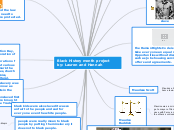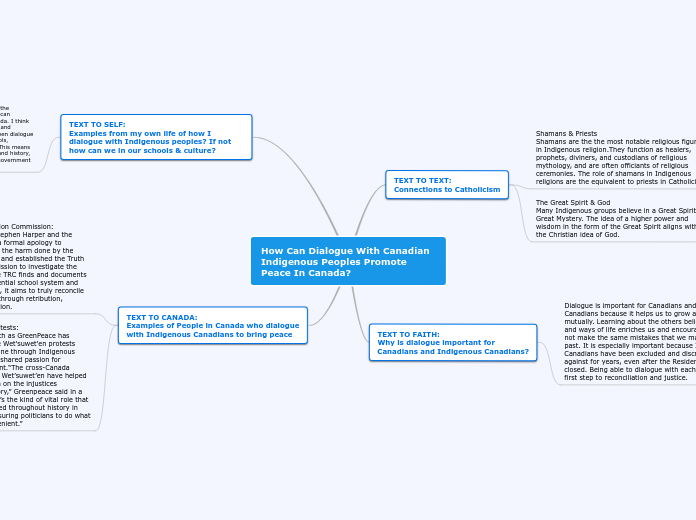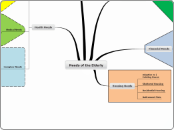The most common and recognizable forms of discriminatory harassment are:
It is a form of workplace harassment that is not based on one of the protected classes (such as race, gender or religion).
● inappropriate comments
● Offensive jokes
● Personal humiliation
● Critical observations
● Ostracization Behaviors
● Bullying tactics
● any other behavior that creates an intimidating and offensive work environment for the victim.
RELIGIOUS
HARASSMENT
It is the one that specifically limits the religious beliefs of the victim in the workplace
Harassment or intolerance in the workplace is reflected in: Intolerance towards religious holidays, religious traditions, religious customs, cruel religious jokes, etc.
SEXUAL ORIENTATION-BASED HARASSMENT
Victims face harassment because their sexual orientation is different from that of those around them, according to their line of work.
People of any sexual orientation (heterosexual, homosexual, bisexual, asexual, etc.)
AGE-BASED HARASSMENT
These people face harassment based on their age could be: Mocked and insulted and criticized
Workers over 40 are specifically protected by a Civil Rights Act of 1964
DISABILITY-BASED HARASSMENT
A disable person may suffer harassment in the form of harmful teasing, condescending comments, refusals to reasonably accommodate or isolation in their workplace.
RACIAL
HARASSMEN
The victim may experience racial harassment due to their race, skin color, ancestry, country of origin or citizenship. Perceived attributes of a certain ethnic group (curly hair, accents, customs, beliefs or clothing).
This type of harassment can be reflected by:
* Racial Insults
* Racial Jokes
* Degrading Comments
*Disgust
GENDER
HARASSMENT
It is discriminatory behavior towards a person based on their gender.
Negative gender stereotypes about how men and women should act or act are often the center of harassment
For example:
A nurse faces harassment for having what is perceived as the work of a woman.
HARASSMENT
IS
Work harassment or mobbing (from English 'besiege', 'harass', 'corral in groups') is the action of a harasser or several harassers conducive to producing fear, contempt or discouragement in the affected worker towards his work, as the effect or the illness that occurs in the worker.
TYPES OF WORKPLACE HARASSMENTRKPLACE
There are so many types of workplace harassment and so many interpretations that even the most diligent HR professional could miss the signs.
2. PERSONAL HARASSMENT
1. DISCRIMINATORY HARASSMENT
All unlawful workplace harassment is discriminatory in nature and it can be assented
How to report
Employees must have a complaint form for their complaints, through which the complaint will be filed and the reasons for it.









